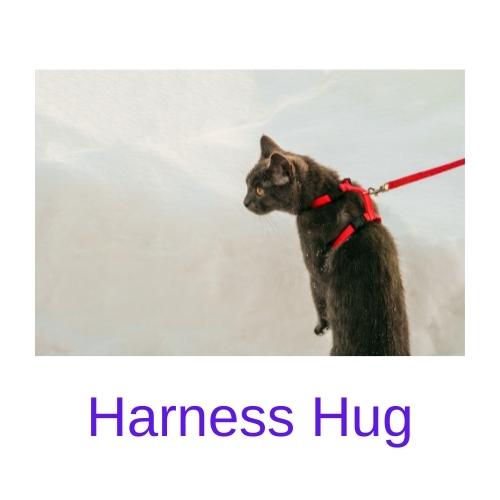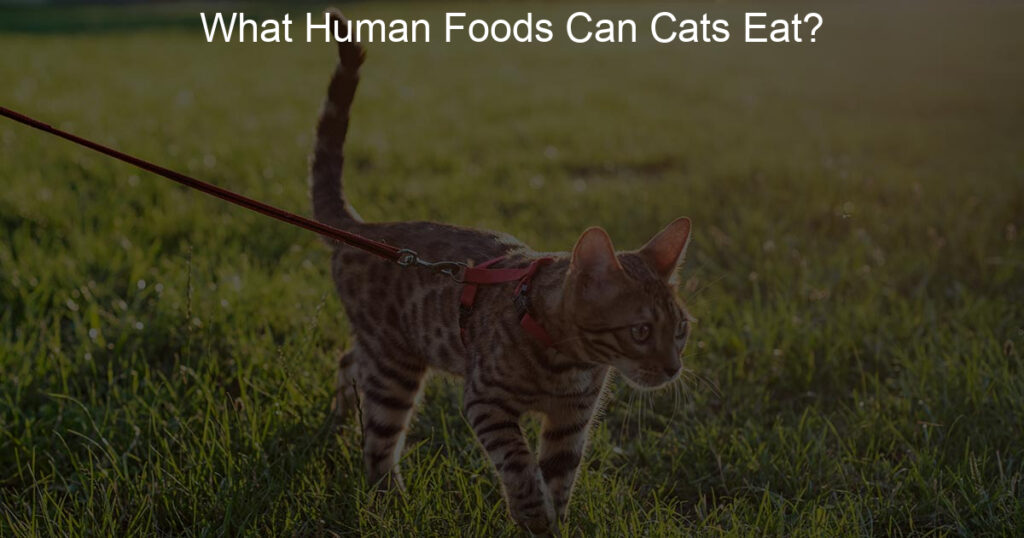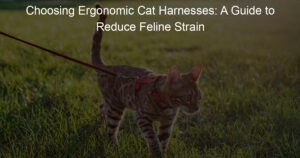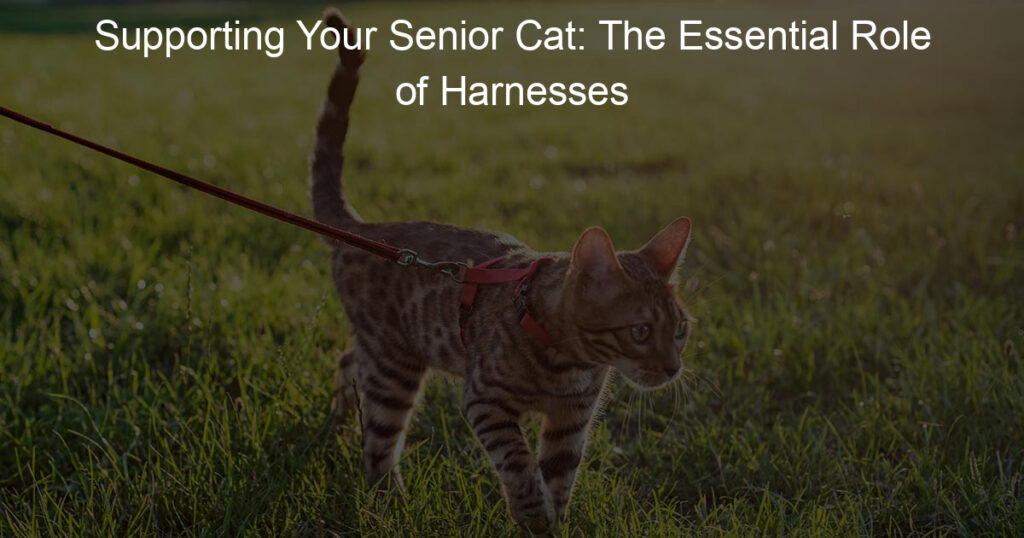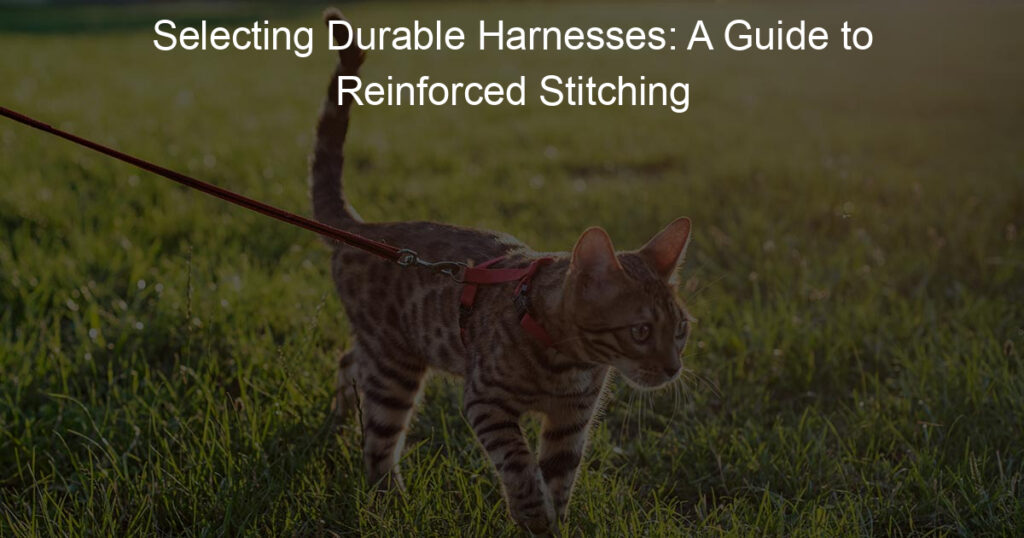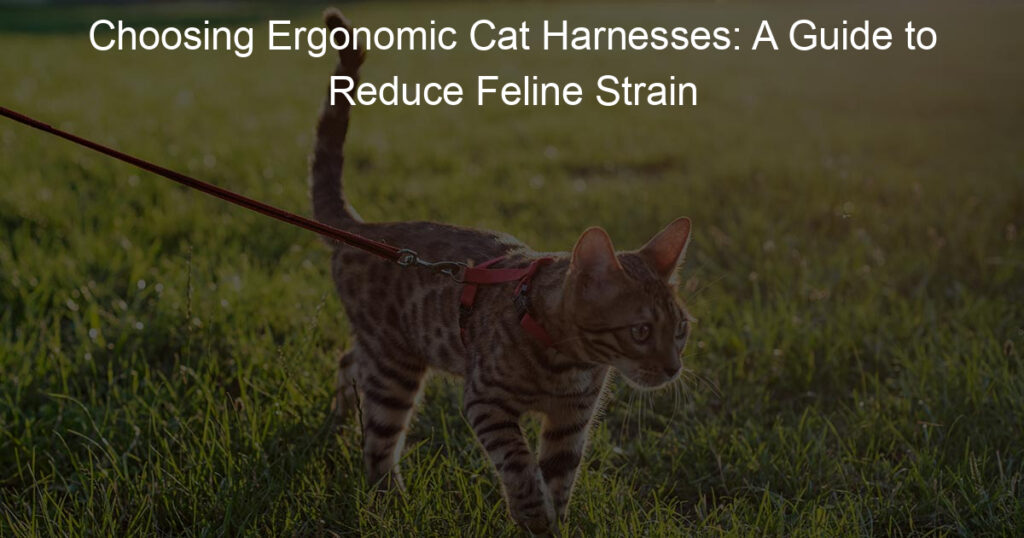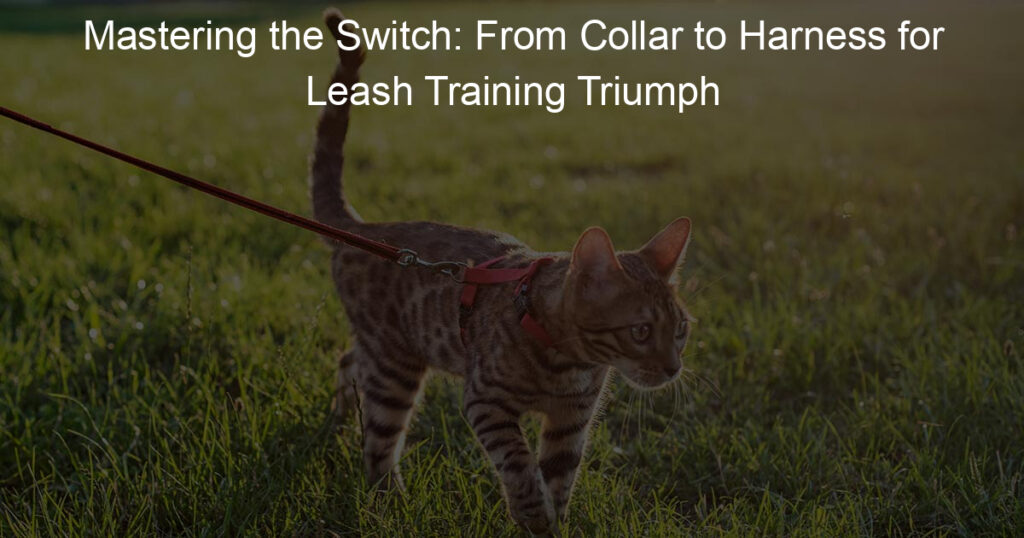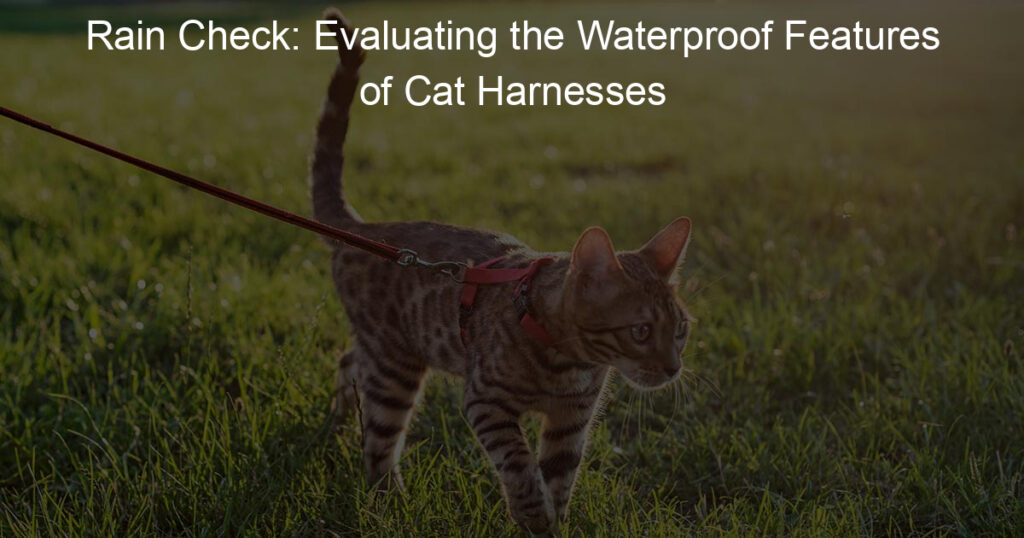Are you intrigued by the idea of offering your beloved kitty some special treats that are human foods? Many cats love getting something different from their kibble or canned wet food, and many people have questions about which human foods cats can eat safely.
Before feeding your feline friend anything besides their regular cat food, it’s important to understand what is safe for them to consume and in what quantities. In this blog post, we will discuss which human foods are safe for cats to eat and provide tips on how to best serve them.
So if you’re ready to become an expert at providing tasty snacks for your fur baby, read on!
What human food can cats eat list?
It can be tempting to give your feline friend a little piece of that yummy dinner you just made, but not all human food is safe or appropriate for cats. Many people don’t realize that there are quite a few things on the list of human foods cats can actually eat.
Depending on the type, cooked meats like beef, turkey, and chicken are solid options for your furry companion. Some fish, like tuna and salmon, offer important health benefits too. Just make sure any fish meals are boneless and don’t contain any extra seasonings or sauces.
Cats will also love treats such as cheese and yogurt as long as they don’t contain garlic or large amounts of lactose. Veggies such as carrots and zucchini slices can be a great source of nutrients too—and even the occasional bite of fruit will make an excellent snack!
Can cats eat scrambled eggs?
Many pet owners have found themselves wondering, “Can cats eat scrambled eggs?” The answer is yes, as long as the eggs have been cooked thoroughly and are free from added oils and butter.
Offer your kitty a small portion of a scrambled egg every few days as a treat. Scrambled eggs provide cats with valuable protein and beneficial vitamins that can help keep them healthy. Avoid feeding raw scrambled eggs to your cat, as consuming uncooked eggs can increase the risk of bacterial infection for pet owners and our feline friends alike.
When in doubt, consult with your veterinarian to ensure that your cat’s diet is nutritionally balanced and safe.
Can cats eat rice?
Rice is an incredibly popular and versatile food, so it’s no wonder that cat owners may find themselves asking whether their beloved pets can eat this staple. The answer to this question quite simply depends on the type of rice in question and how it is prepared.
While plain, cooked white or brown rice can be a part of a cat’s balanced diet in moderation, other types of processed or flavored products—such as risotto, sushi, and fried rice—should never be offered to cats due to additional salty or sweet ingredients.
Cats should also not be given raw rice as an uncooked grain can cause digestive discomfort even if consumed only occasionally.
Can cats eat noodles?
Noodles have been a staple food for centuries, but can cats eat them? Surprisingly, the answer is yes! Cats can safely consume some types of cooked noodles as part of their regular diet.
If you plan to feed your cat noodles, it’s important to make sure they are cooked first and do not contain any added seasonings that could be toxic to your pet. Additionally, veterinarians suggest only providing noodles as an occasional treat in small amounts, as cats primarily need a balanced diet based on protein sources like canned tuna or fresh chicken.
So while cats absolutely have the capability of enjoying noodles every once in a while, it isn’t recommended to make it a regular eating habit.
Can cats eat bread?
Many people wonder if cats can eat bread, and it’s a frequently asked question due to the widespread popularity of these helpful little furballs. While not essential, carbohydrates and starches provide cats with the energy they need – which is why some owners choose to feed their cats small slices of bread on occasion.
Cats also digest grains easily so the occasional piece of toast or pita shouldn’t harm their health provided that it doesn’t replace other aspects of their diet like protein or canned wet food. However, most experts suggest sticking to treats specifically designed for felines rather than everyday human foodstuffs like bread.
Bread can also be baked with raisins and other dried fruits, which may be toxic for cats – resulting in them feeling sick after eating it.
The Bottom Line
It’s important to remember that cats should never be given human food as their main diet. Cats are carnivores and require a diet that centers around animal proteins. That said, there are some human foods on the occasion that are safe for cats if served in moderation.
Fresh fish, poultry, eggs, plain yogurt, cheese (low-fat varieties such as cottage cheese or mozzarella), cooked plain sweet potato and non-sugary fruits can all safely be a part of your cat’s menu every now and then. For pet owners looking for foods to share with their cats beyond the standard treating options like catnip and tuna from time to time, keeping these guidelines in mind can help you determine which human foods are safe for your cat’s short-term enjoyment.
And of course, always check with your veterinarian before introducing any new food into your cat’s diet–just to make sure it is healthy and appropriate for your particular pet! All in all, when it comes down to it, while there are certainly some human foods cats can enjoy in moderation, the best way to keep your cat safe and happy is still by always providing them with a nutritionally balanced diet made specifically for felines.
